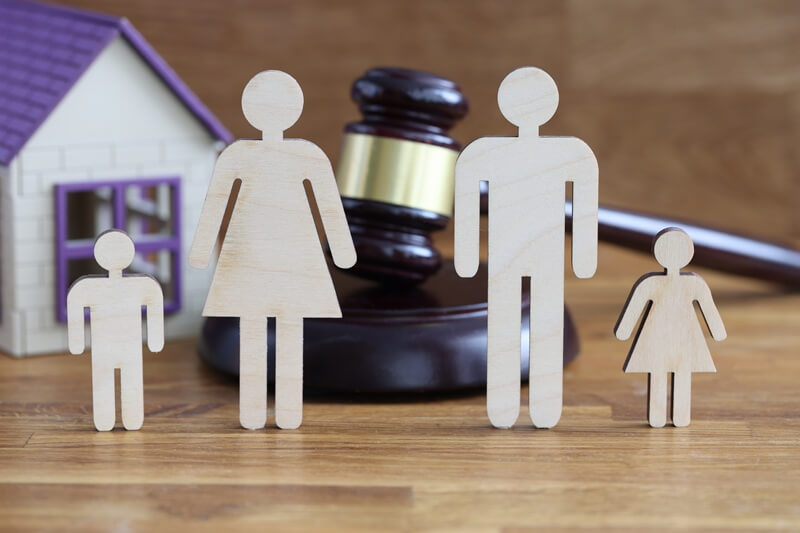Shoplifting
Shoplifting
“We got another call,” the officer said in a disgusted voice. “This is the third time in three days for that store. The owner caught the girl walking out of the door with a pair of jeans stuffed in her backpack.”
He continued shaking his head, “Those pants were about a hundred bucks! The storeowner was really angry and wanted to make an example of the girl. When we walked in, the girl had broken down crying that her mom was going to be so upset, and the owner was yelling at her with everything he had. I know he had just about reached his limit, but I thought the girl was going to wet her pants right there. We had to tell the guy to back off just to get the girl out of there and to the station. To make matters worse, the mother ran into the station looking for her daughter in a panic. She was dressed in a pair of nursing scrubs, and she said she came straight from the hospital. Turns out she’s a single mom just trying to make ends meet.”
Rubbing his eyes, he let out a long sigh. “When did kids become so materialistic? I remember hand-me-downs as a way of life for everyone in the neighborhood. I mean I always felt lucky to be second in line to get my brothers clothes. By the time my little brother got my stuff, it was falling apart. We were all in the same boat, so we didn’t need to act like someone we weren’t. Now, kids seem to have to have the right jeans, the right shoes, the right phone, and the right whatever. I don’t know, maybe I’m just getting too old. Still, I can’t help feeling bad for that family. I don’t know what the mom is going to do. There’s no easy out this time… Well, I gotta get back to work. Thanks for listening.” He gave a shrug of his shoulders and walked away once again shaking his head.
Whether you’re a parent with a child caught shoplifting, or you have a friend facing similar circumstances, the need for sound advice is helpful. Andrew Bray has worked with many families during these times. He gives some insight into the process of handling these cases.
Shoplifting is a serious matter in the Commonwealth of Virginia and is routinely prosecuted. Shoplifting is a specific type of larceny, and it can be charged as either a misdemeanor or a felony, depending of the value of goods taken.
- Value of goods taken is less than $200 = Class 1 Misdemeanor, up to 1 year in jail and up to a $2,500 fine.
- Value of goods taken is greater than $200 = Class Felony, 1 to 20 years in prison and up to a $2,500 fine.
Shoplifting charges carry additional ramifications including:
- Any third or subsequent “misdemeanor/less than $200” shoplifting conviction will be treated as a class 6 felony and one could be facing 1 to 5 years in prison.
- Shoplifting is a larceny and therefore considered a crime of moral turpitude. Crimes of moral turpitude reflect negatively on an individual’s trustworthiness and honesty, and just one conviction of a crime of moral turpitude can greatly diminish the types of employment one can gain.
- Upon conviction one can be banned from entering the store where the shoplifting occurred or any of the store’s affiliates if it is a large national chain. This ban can be for a specific period of time up to life.
To be convicted of shoplifting the Commonwealth of Virginia carries the burden of proving that the accused willfully and intentionally took possession of a store’s goods with the intent to permanently deprive the store of the goods, without paying designated value for the goods.
This means that shoplifting can occur prior to leaving the premises of the store, but rather the crime is committed the instant the goods are moved in the slightest bit if the accused intended to permanently deprive without paying fair value. The intent of the accused in some instances can be difficult to prove, but by statute and case law the intent to permanently deprive can be inferred from willfully concealing the goods while in the store, for example:
- Placing the goods in a different box
- Placing goods under the accused current clothes
- Putting new clothes on over old clothes
- Putting goods in a purse, pocket or wallet
While the above examples are damaging, the Commonwealth still must produce evidence to substantiate what actually occurred. Evidence is generally produced from an eyewitness or security guard/employee of the store. It is very important that you retain an attorney to adequately and vigorously cross-examine any witness in a shoplifting case. The circumstances of many shoplifting cases can be very subjective and ambiguous, and a trained attorney will be able to probe the Commonwealth’s witness and potentially discredit their credibility.
With all of the legal issues involved in a shoplifting case, it is so important to retain legal counsel from an experienced criminal law attorney especially with all the negative ramifications if found guilty. Each shoplifting case is unique, and we at The Irving Law Firm highly recommend contacting us to provide in-depth analysis of your current situation and answer any questions you may have. After all, one potentially bad discussion could effectively change the course of a person’s life.




